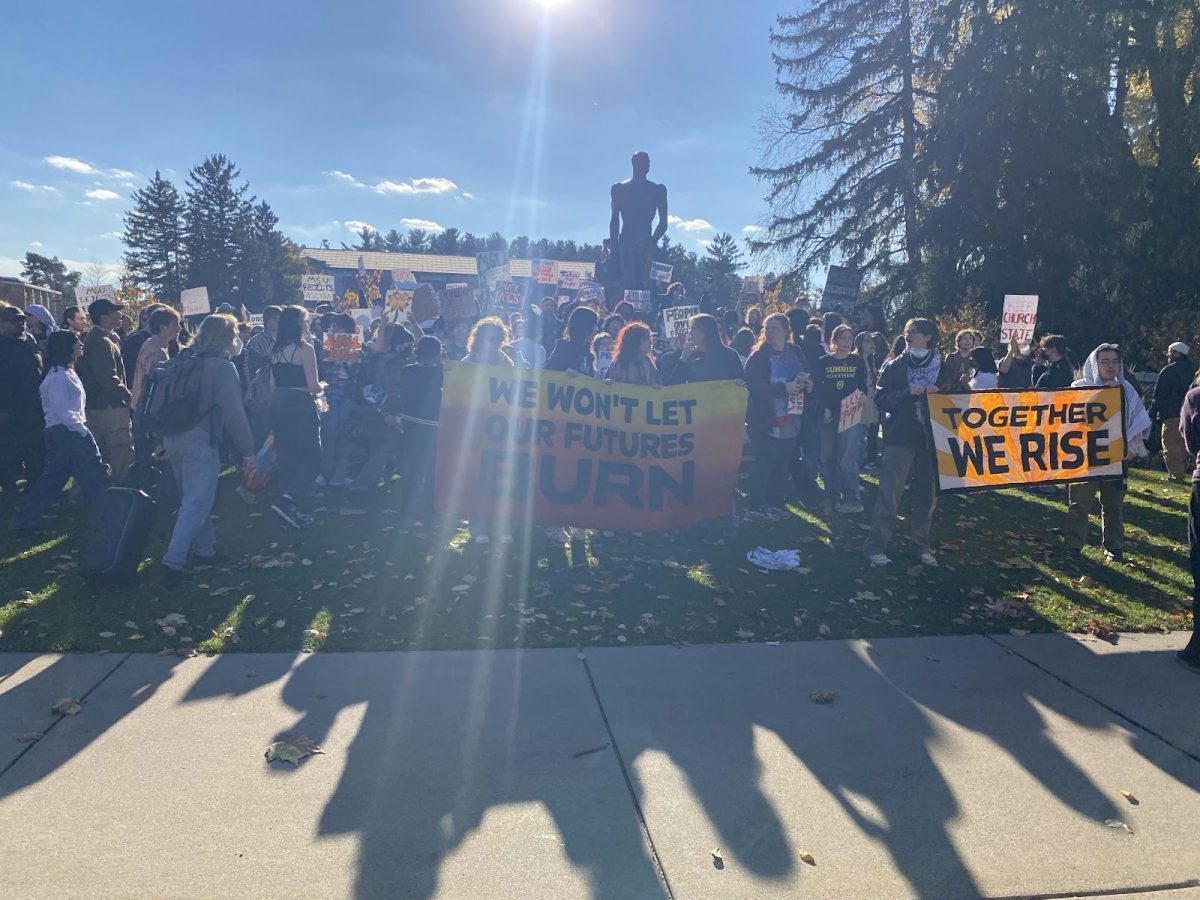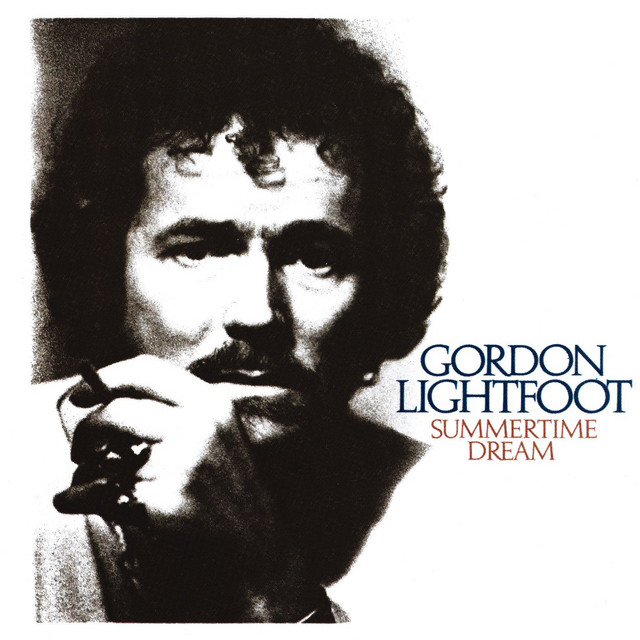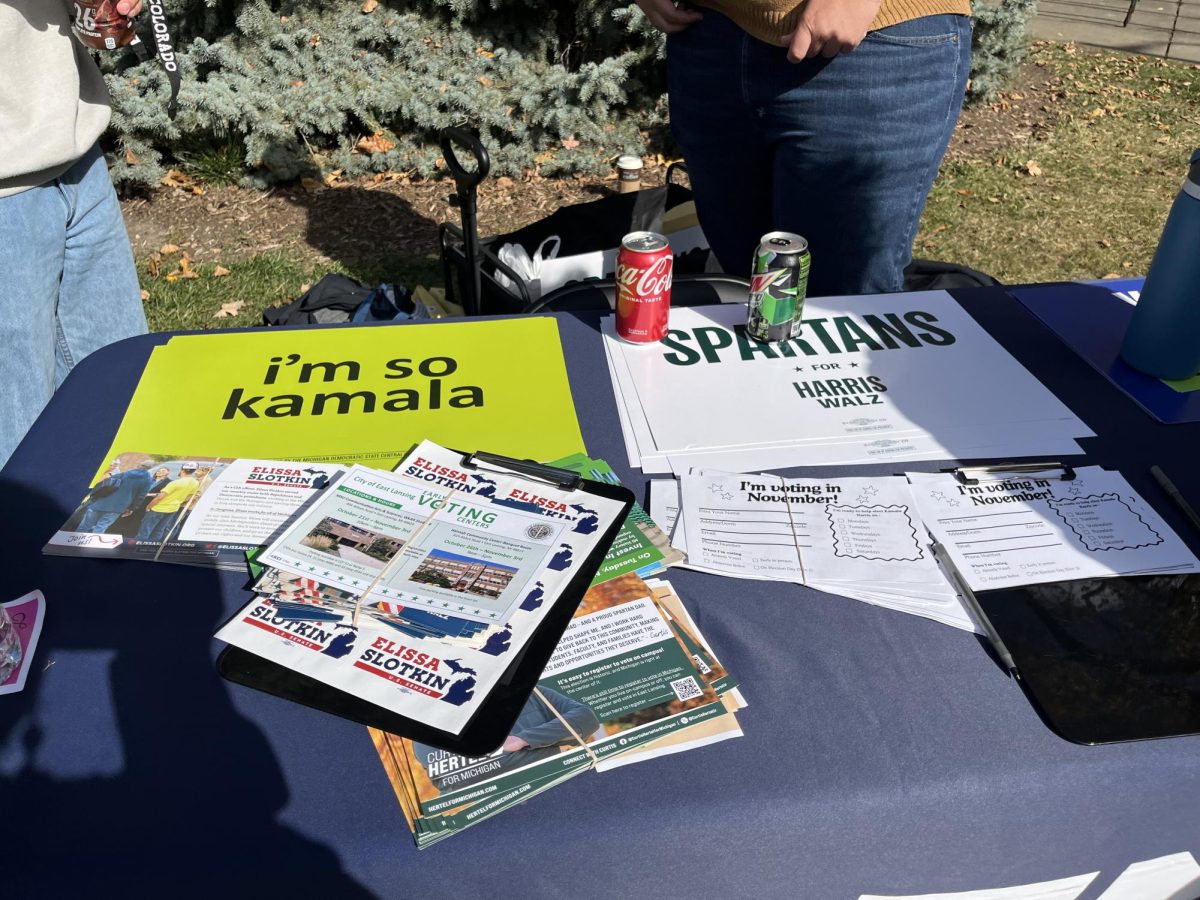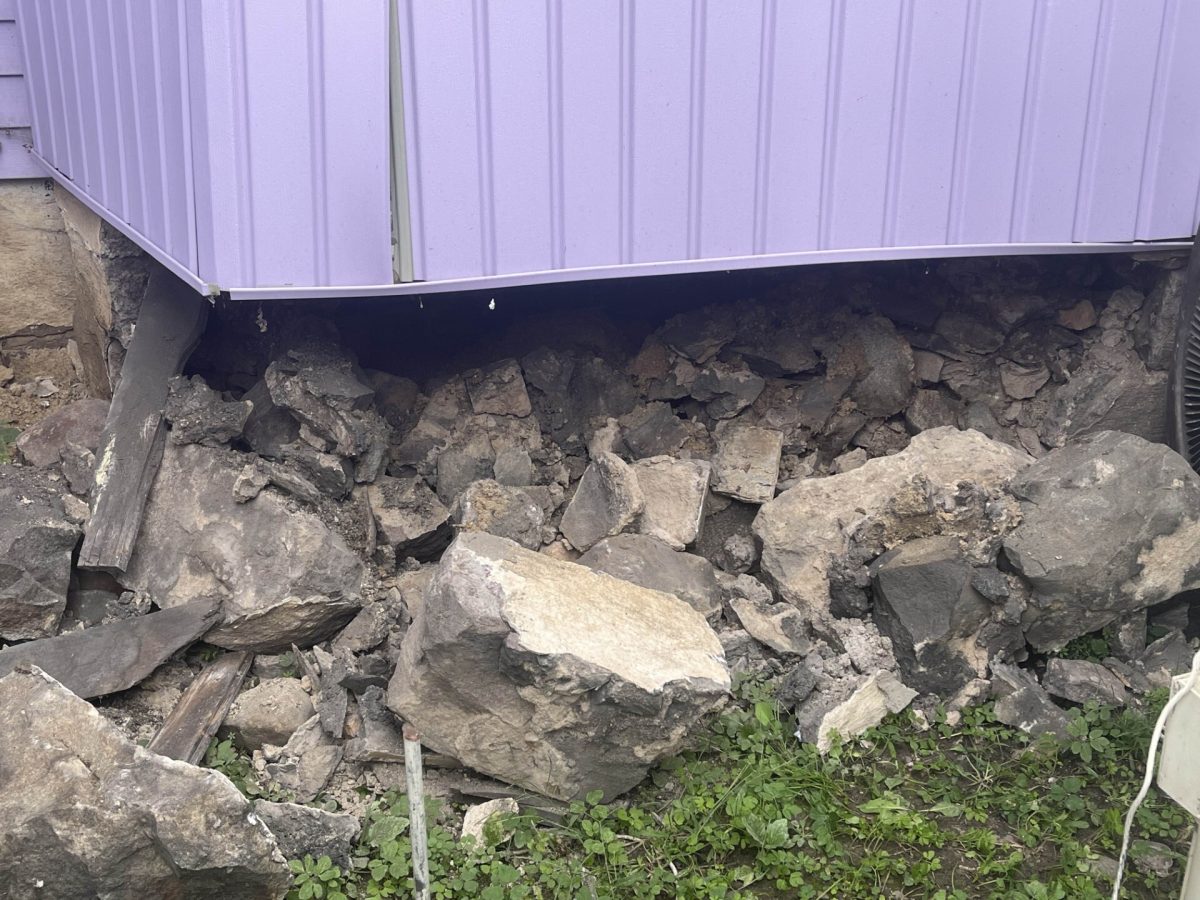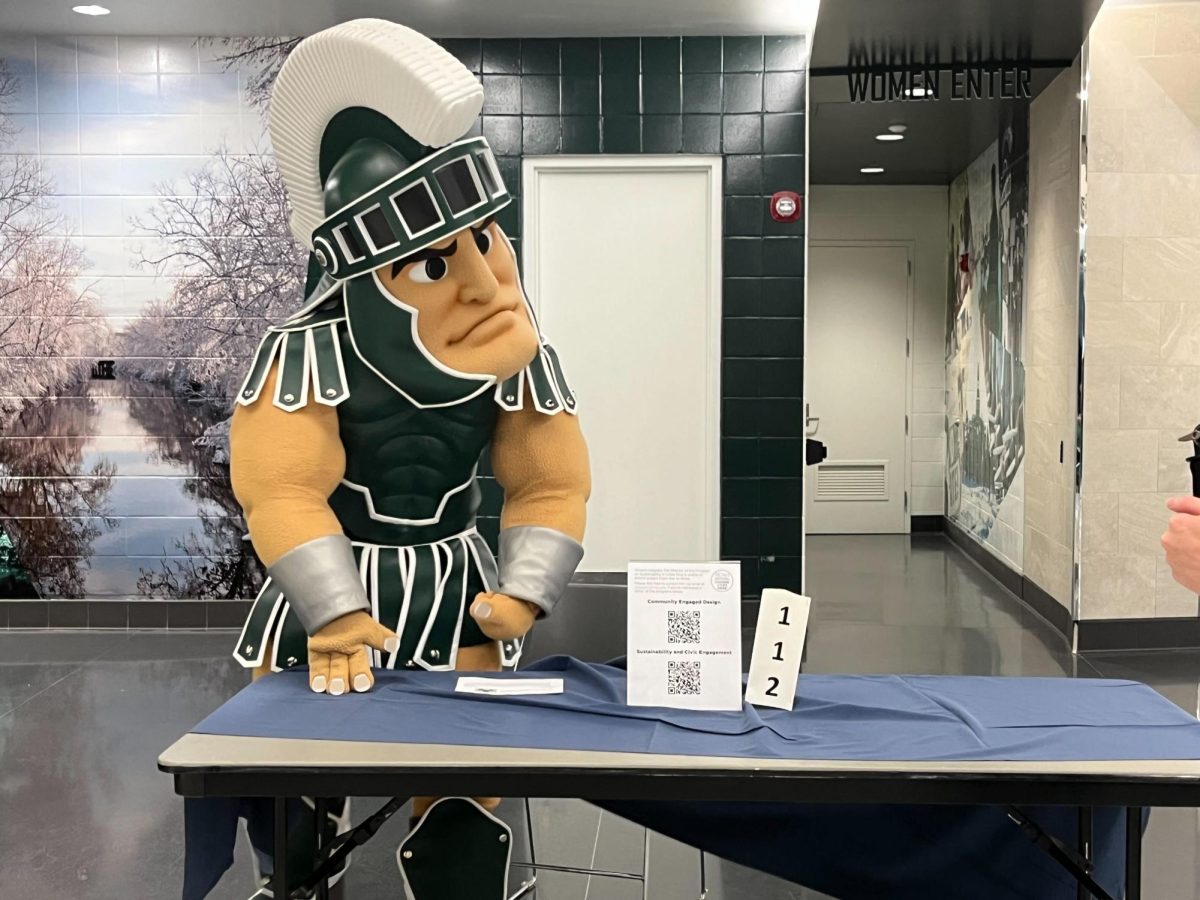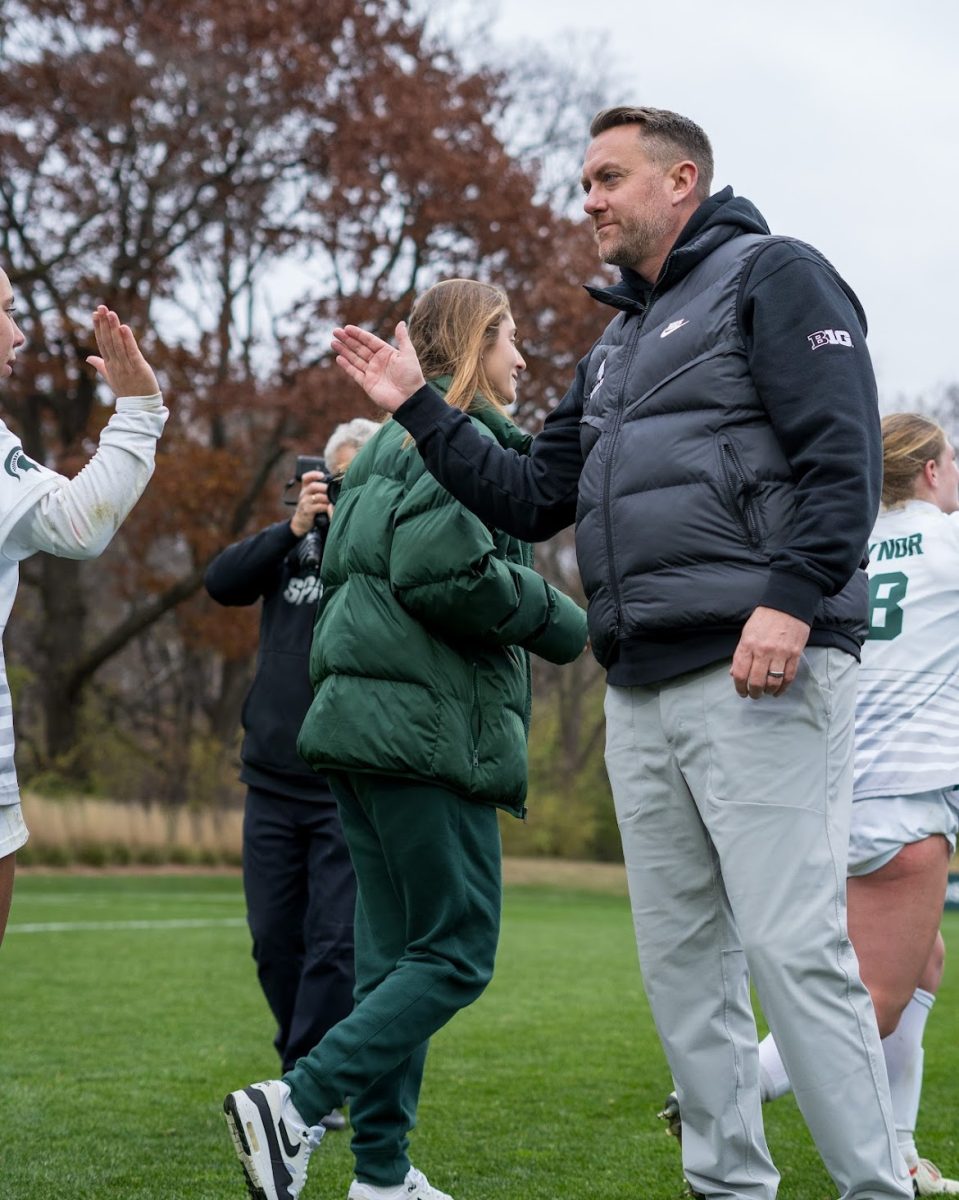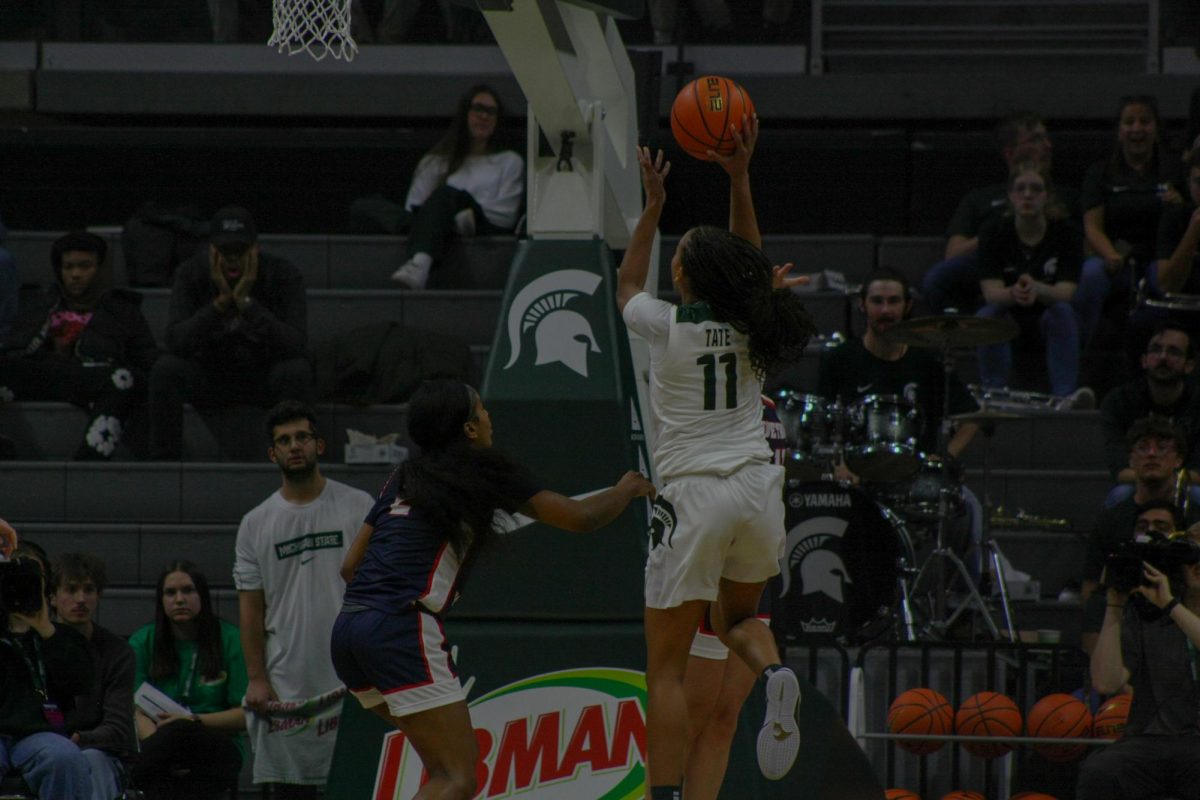The State – 03/25/22
March 24, 2022
Tri-County Office of Aging searching for MSU students to help with local seniors
Michigan State University students who miss spending time with their family at home can opt to volunteer with the Tri-County Office of Aging, or TCOA, which provides students opportunities to interact and connect with seniors.
With over 52,000 volunteer hours in 2020 available for young adults to participate in and engage in the community, there are options for all types of schedules to participate.
TOCA offers a Friendly Reassurance Callers Program that connects local older adults to
chat and talk to volunteers once a week over the phone. The purpose of the program is to reach out and connect to isolated members of the community on a weekly basis.
They also offer a Meals on Wheels program and several other workshops that students and caregivers can participate in.
Sign-ups and starting dates for these workshops including more can be found at TCOA.org
GSCC hosts its second queering racial justice summit
The Gender and Sexuality Campus Center, or GSCC, hosted its Queering Racial Justice Summit this weekend. The goal of the summit is to unite students across racial and ethnic backgrounds and across the LGBTQ and queer communities to discuss racial justice.
Last year, the summit was virtual due to the COVID-19 pandemic.
The event brought keynote speakers such as V. Soul and L. Tantay, who shared their experiences discovering sexuality.
There were also sessions led by student facilitators, who got the opportunity to engage with fellow students in works of unrelated racism and skill building for the betterment of a more inclusive LGBTQ+ community at State. Students can access the GSCC by visiting their website or by visiting room 302 of the Student Services Building.
The GSCC provides safer sex supplies, needle drop off and finding gender affirming care in the East Lansing Area.
‘There’s a reason we left’; Russian MSU students react to invasion of Ukraine
Most MSU students have the privilege of keeping up with Russian war efforts through headlines and social media posts and the security of knowing none of their loved ones are involved in the conflict.
But for some students like linguistics freshman Zhanna Yakubova, who moved from Russia to the U.S. four years ago, the war directly affects their families.
She says her parents live on “Russian time” now, constantly keeping up with each and every move. Yakubova says she has seen posts on social media that say Russian President Vladimir Putin’s ratings have gone up recently.
She thinks this misleads people in the U.S. to believe Russians support the war. Yakubova said she’s been losing some of her friends that still live in Russia due to their reaction to the war.
Mechanical engineering senior Daniel Mondrusov’s parents moved to the U.S. in 1991. Mondrusov’s father left Russia when he did because he foresaw this kind of conflict happening.
He said his dad always knew, in the back of his mind, Russia wasn’t putting its people first. Mondrusov said his peers have been supportive, and he hasn’t faced any misconceptions regarding how he might feel about the war.
Based on original reporting by Claire Grant, Julian Stainback and Miranda Dunlap. Script by Shakyra Mabone.




